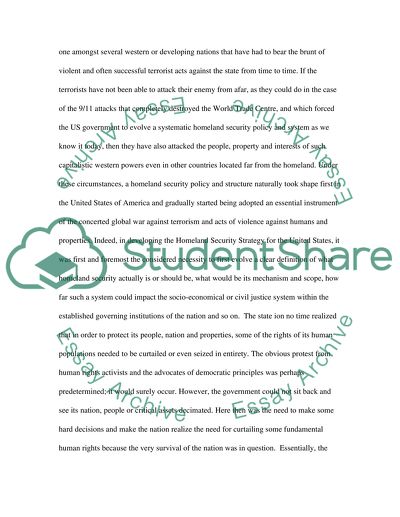Cite this document
(“Contemporary issue/topic Essay Example | Topics and Well Written Essays - 3750 words”, n.d.)
Retrieved from https://studentshare.org/environmental-studies/1417823-contemporary-issue-topic
Retrieved from https://studentshare.org/environmental-studies/1417823-contemporary-issue-topic
(Contemporary issue/Topic Essay Example | Topics and Well Written Essays - 3750 Words)
https://studentshare.org/environmental-studies/1417823-contemporary-issue-topic.
https://studentshare.org/environmental-studies/1417823-contemporary-issue-topic.
“Contemporary issue/Topic Essay Example | Topics and Well Written Essays - 3750 Words”, n.d. https://studentshare.org/environmental-studies/1417823-contemporary-issue-topic.


